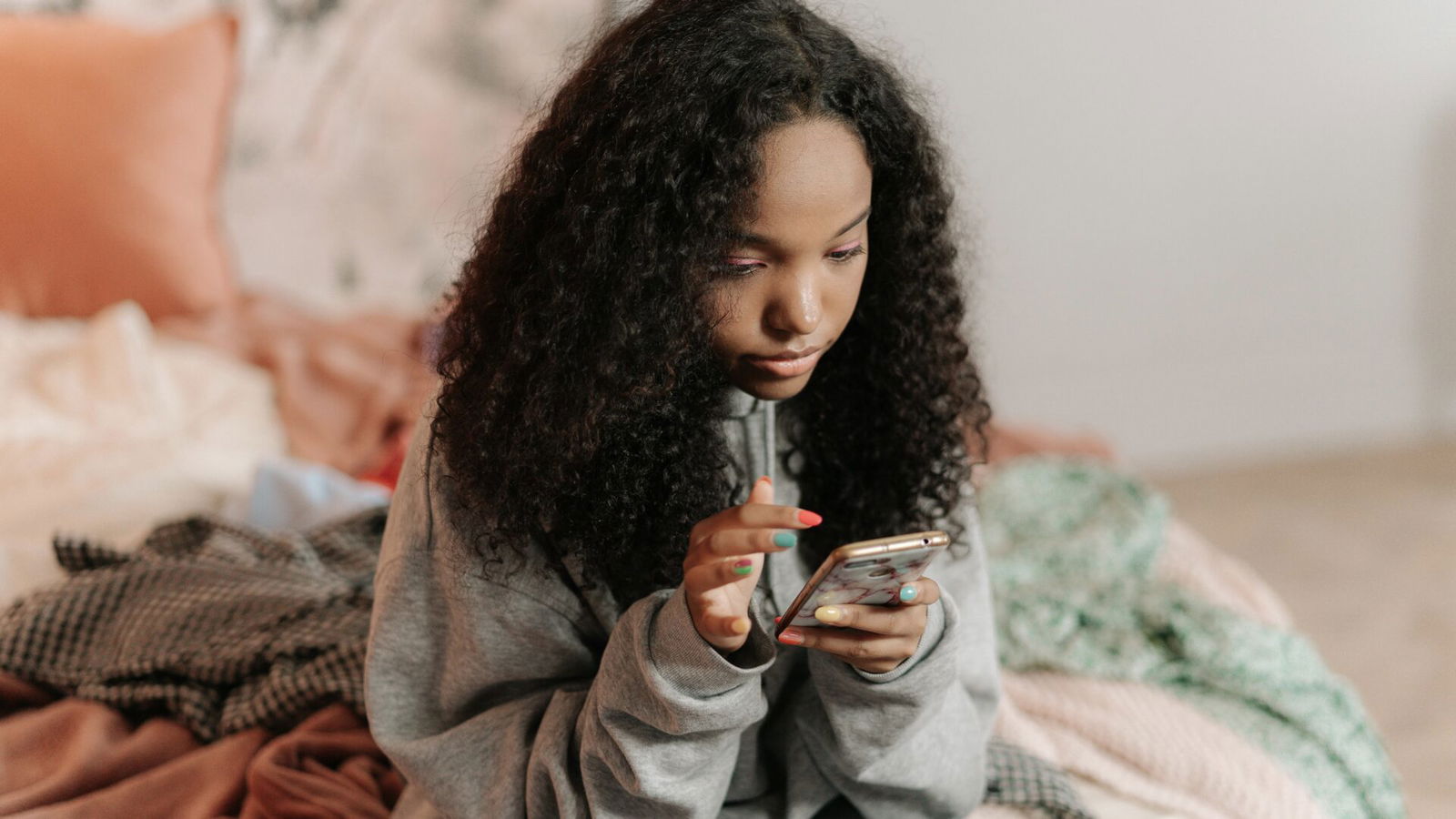
By Kayla DeKraker
A new study reveals just how much screen time use it takes to elevate teens’ levels of anxiety and other emotional problems.
“The odds ratio analysis showed that exceeding 2 h[ours] of screen time on weekdays doubled the odds of clinically elevated anxiety and quadrupled the odds of experiencing emotional and behavioral difficulties,” the study revealed.
The study from Computers in Human Behavior observed 580 teens between the ages of 12-17. Although some participants already experienced anxiety before the study, it increased with screen use.
Also noteworthy is the fact that passive scrolling opposed to other screen-time activities had a higher result of negative effects.
“Our group conducted several studies during the pandemic demonstrating a rapid rise in screen time in children. We studied children over time and found that even after restrictions ended, screen use remained high and was associated with anxiety and depression,” Emma Duerden, Canada Research Chair in Neuroscience and Learning Disorders and an associate professor at Western University, said.
Related: 5 Tips to Help Your Child Manage Their Screen Time
She added, “In teens, anxiety is generally higher compared to younger children, so we wanted to better understand screen use in teens and how it could be associated with mental health.”
The study also found that 45% of the participants had “clinically elevated ranges” of anxiety.
Duerden explained, “We found that in our sample, 45% of teens reported having anxiety in clinically elevated ranges. Before the pandemic, anxiety was reported in about 8–15% of teens, so this represents a significant increase, which is concerning.”
This knowledge of what could contribute to anxiety is important, considering the increase of teens requiring mental health services.
“In Ontario alone, tens of thousands of children and adolescents are on waitlists for mental health services,” Duerden revealed. “With few supports available in the community, identifying targets for prevention and resilience is key.”
This study isn’t the first and definitely won’t be the last that reveals the negative effects of excessive screen time.
Pew Research shared that both parents and teens see social media as a top factor contributing to poor mental health.
Another study from the National Health Interview reveals that half of children have more than four hours of screen time per day. This is a massive problem if just over two hours already elevates anxiety.
But a simple way to improve and protect young people’s mental health? Limit screen time to two hours or less per day, Duerden advised.
Pew Research found that “72% of U.S. teens say they often or sometimes feel peaceful when they don’t have their smartphone” while “44% say it makes them feel anxious.” It is good news that over a third of teens realize too much screen time is problematic. “Roughly four-in-ten teens (39%) say they have cut back on their time on social media,” Pew noted.
Regardless of how much time you or your teens spend on screens, studies remind us that we could all benefit from putting the phone down for a while.
Read Next: Another Study Proves Just How Damaging Screen Time Is On Mental Health
Questions or comments? Please write to us here.


 - Content:
- Content: 

